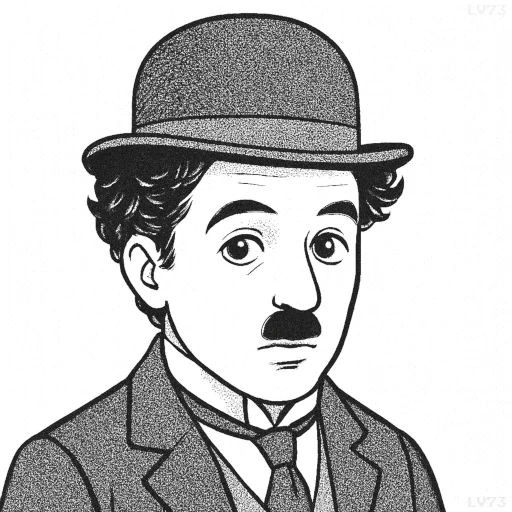“Dictators free themselves, but they enslave the people.”

- April 16, 1889 – December 25, 1977
- British
- Comedian, film actor, director, screenwriter, composer
table of contents
Quote
“Dictators free themselves, but they enslave the people.”
Explanation
This quote by Charlie Chaplin succinctly captures the irony and paradox of authoritarian rule. Chaplin, who was an outspoken critic of totalitarianism and oppression, points out that while dictators may seek to liberate themselves from constraints, whether political, social, or moral, they often do so at the expense of the freedom and autonomy of the people they rule. The dictator’s pursuit of personal power often comes with the subjugation of the masses, turning freedom into a weapon of control. In this view, the dictator may achieve a sense of personal liberation, but the result is an increase in tyranny and the systematic enslavement of those under their rule.
Chaplin’s works, especially his later films like The Great Dictator (1940), directly engage with themes of dictatorship and fascism, particularly through his parody of Adolf Hitler and the rise of totalitarian regimes in the 1930s and 1940s. In The Great Dictator, Chaplin takes on the persona of both a dictator and a humble barber, offering a satirical critique of dictatorial ambition and the human cost of such regimes. Through his comedic approach, Chaplin exposes the absurdity of dictatorial control and the tragic consequences it has on the common people, illustrating how such leaders may claim to bring about change or freedom but end up imposing oppression and fear on those they govern.
In contemporary terms, Chaplin’s quote serves as a powerful reminder of the dangers of absolute power and the manipulative tactics that leaders may use to justify their actions. Dictators may frame their rule as a form of liberation—promising stability, security, or national strength—but in reality, they often impose a form of modern slavery, whether through censorship, repression, or violent control. This can be seen in historical and modern examples of autocratic leaders who, in their quest for power, have deprived their citizens of their fundamental rights and freedoms. Chaplin’s words resonate as a cautionary reminder that true freedom cannot exist when power is concentrated in the hands of a few, and that the enslavement of the people is often the price of dictatorial self-liberation.
Would you like to share your impressions or related stories about this quote in the comments section?
